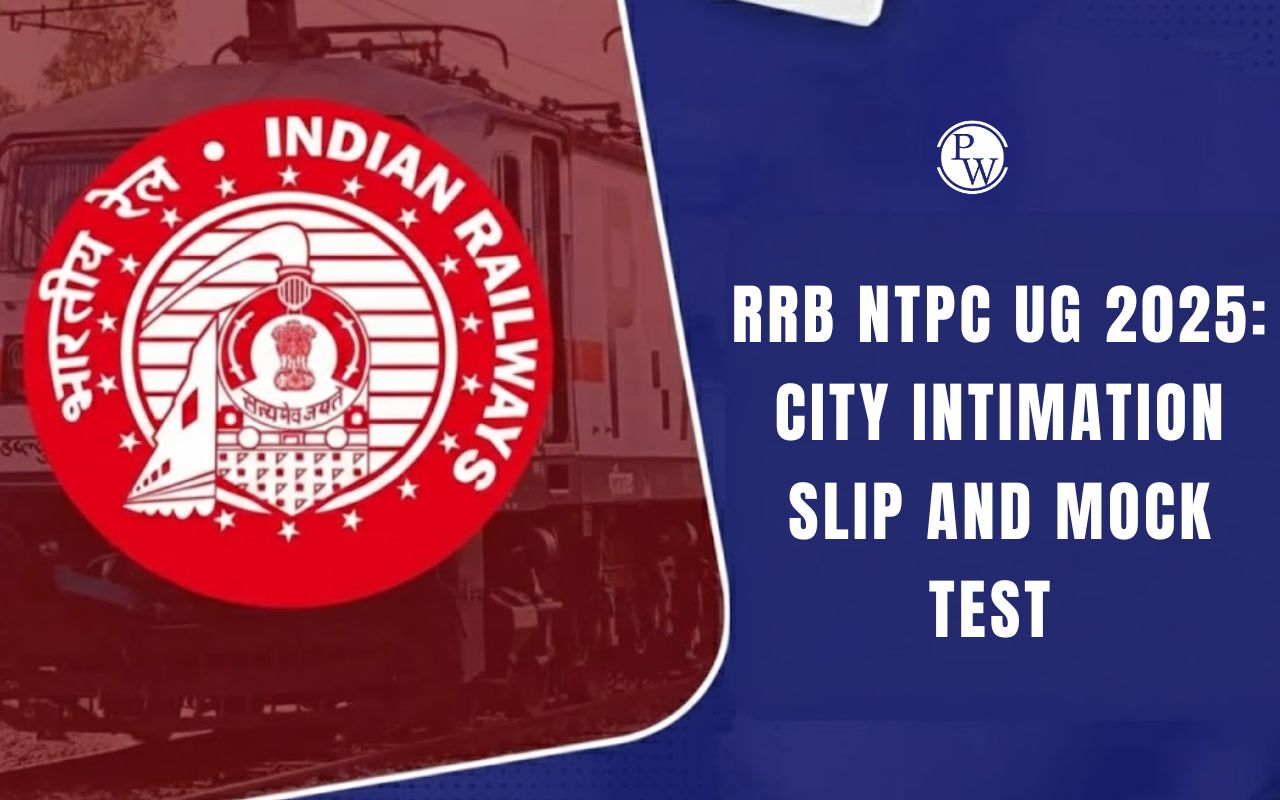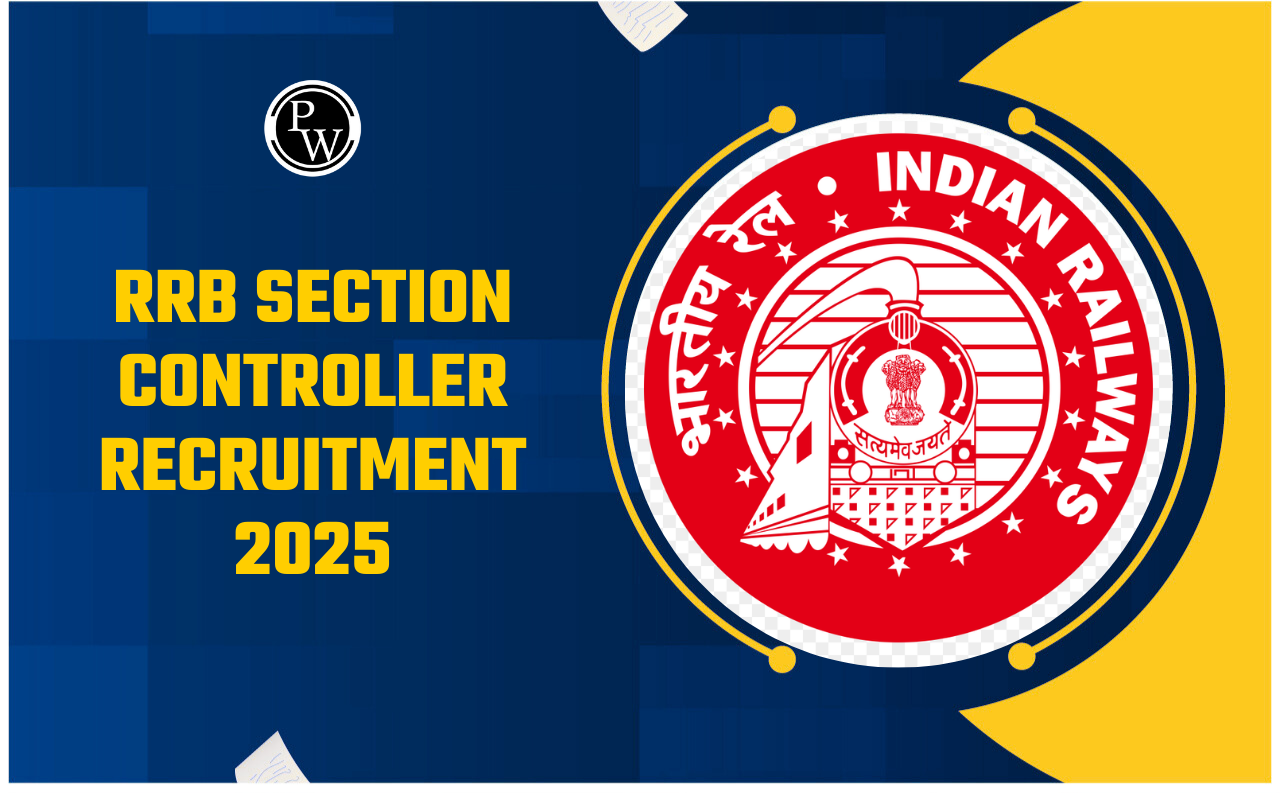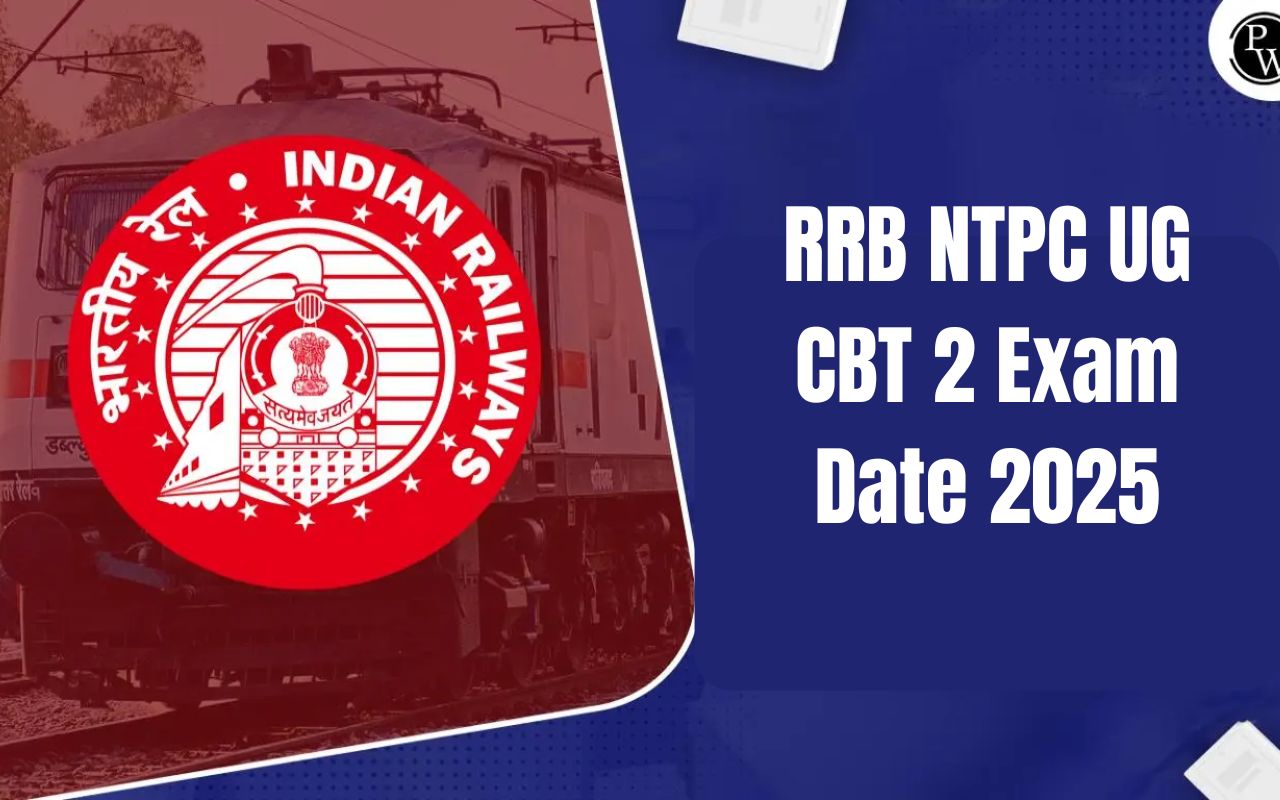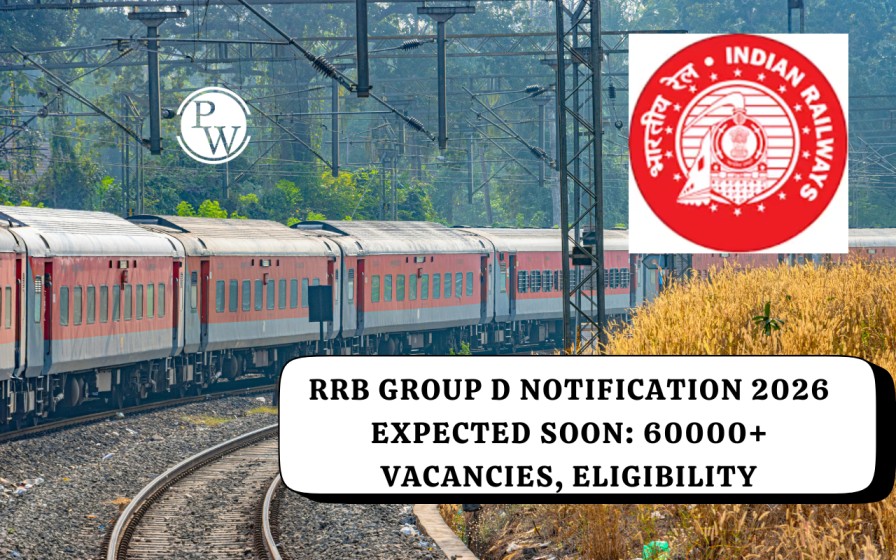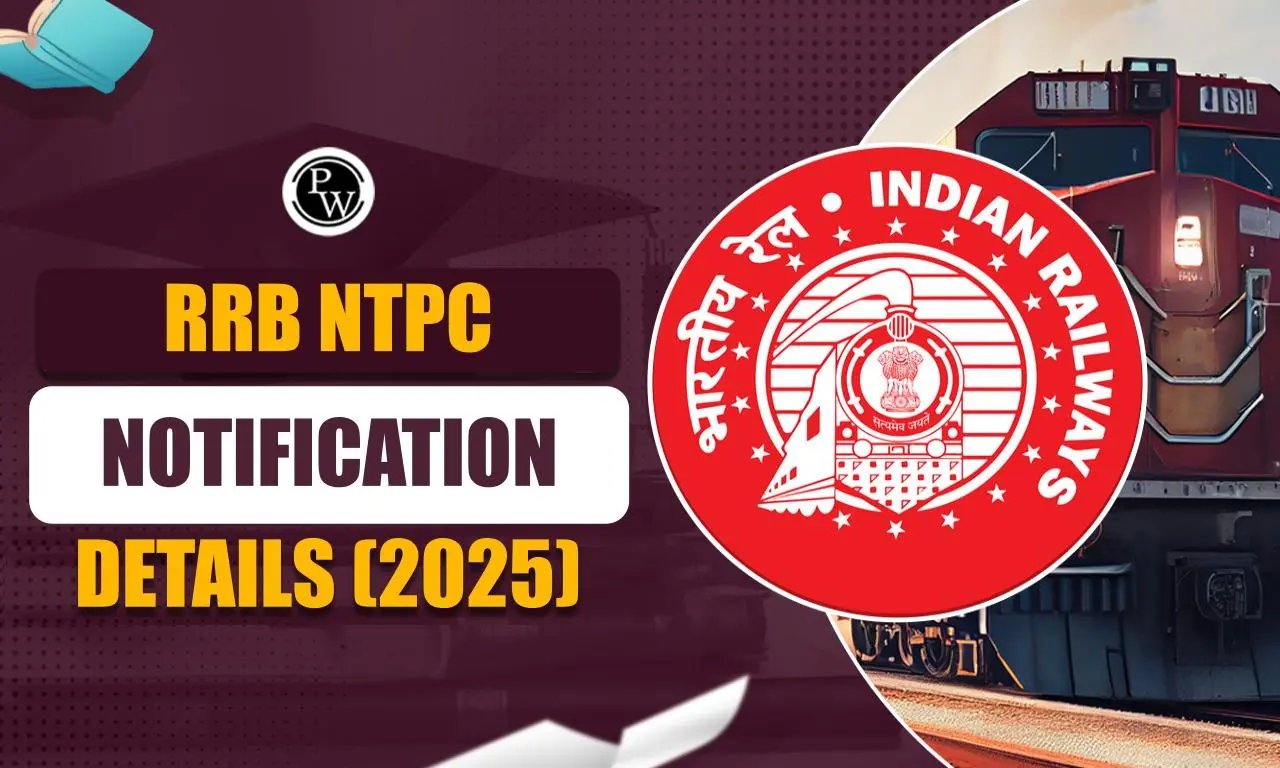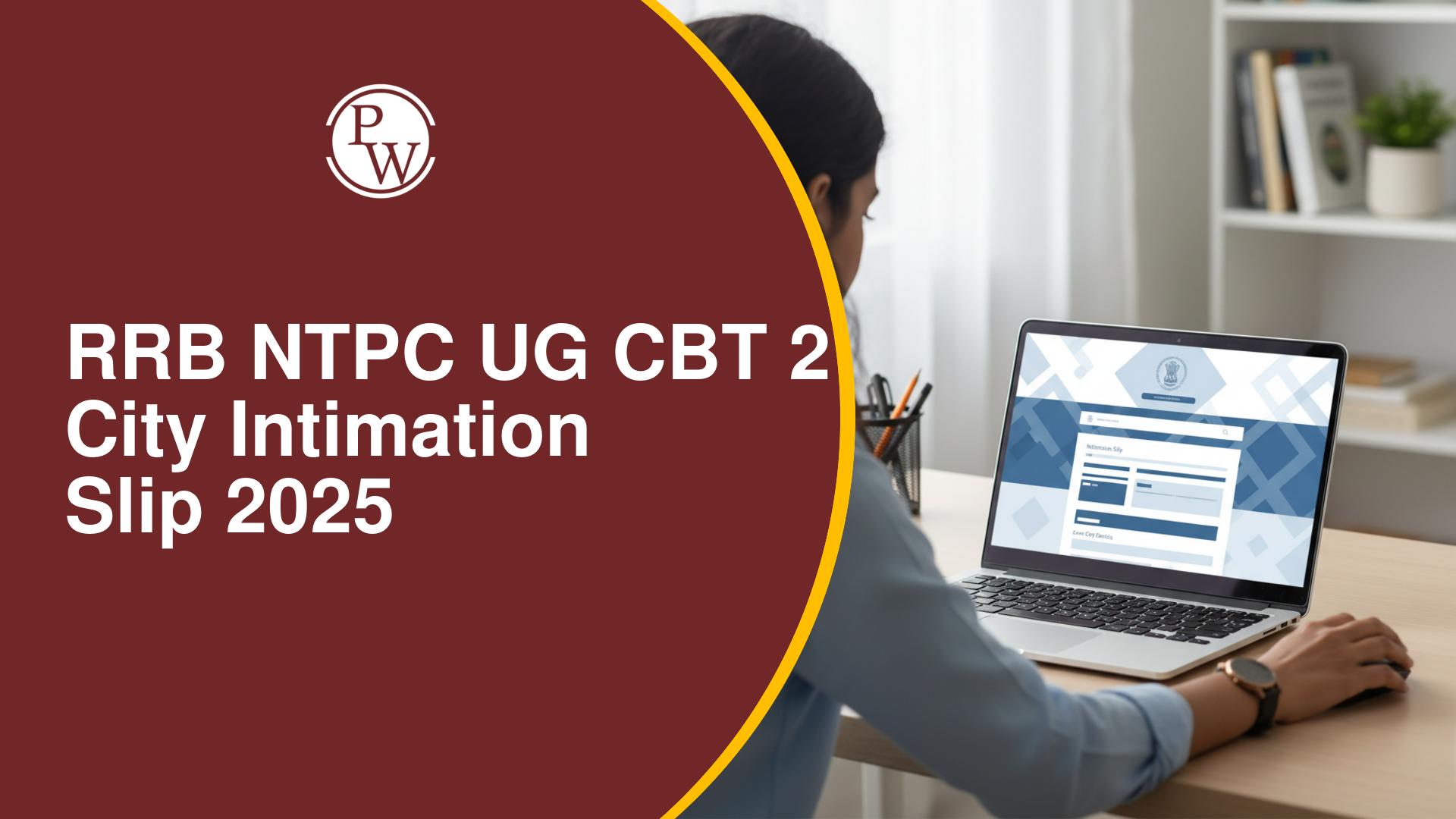
DFCCIL Study Plan 2025: The Dedicated Freight Corridor Corporation of India Limited (DFCCIL) conducts recruitment exams to fill various positions. These positions require aspirants to adopt a strategic and well-planned approach to preparation.
To secure a position in this organization, candidates must thoroughly understand the exam structure, focus on subject-wise preparation, and practice consistently. Check a detailed DFCCIL Study Plan 2025, including subject-wise strategies, tips, and preparation techniques.
DFCCIL Study Plan 2025
DFCCIL Study Plan 2025 should include covering each subject from the DFCCIL Syllabus General Awareness, Science, Reasoning, Numerical Ability, and other sections. Focus on core concepts, daily practice, and mock tests to improve accuracy. Stay updated with current affairs and railway developments.
DFCCIL Exam 2025
The Dedicated Freight Corridor Corporation of India Limited (DFCCIL) conducts a multi-stage DFCCIL recruitment process for various MTS, Executive and Managerial l roles. The selection process comprises multiple stages, including Computer-Based Test 1 (CBT 1), Computer-Based Test 2 (CBT 2), and the Physical Efficiency Test (PET) for certain posts.
Computer-Based Test 1 (CBT 1)
The first stage of the DFCCIL selection process is CBT 1, which serves as a preliminary screening test. This test is common for all candidates and is designed to evaluate their basic knowledge across multiple subjects. The exam consists of objective-type multiple-choice questions (MCQs) covering various subjects. Key Features of CBT 1:
-
Conducted in online mode (Computer-Based Test).
-
Comprises multiple-choice questions (MCQs).
-
Covers General Awareness, General Science, Logical Reasoning, Numerical Ability, and DFCCIL-related topics.
-
Includes negative marking, where 0.25 marks are deducted for each incorrect answer.
-
Acts as a screening stage, and only qualified candidates move to CBT 2.
Computer-Based Test 2 (CBT 2)
Candidates who clear CBT 1 are eligible to appear for CBT 2, which is the most crucial stage of the DFCCIL recruitment process. Unlike CBT 1, which covers general topics, CBT 2 is more specific and focuses on domain-related knowledge. This stage is designed to test a candidate's proficiency in their respective field, whether it is engineering, operations, finance, or human resources. Scoring well in CBT 2 is critical, as it determines the final merit ranking. Key Features of CBT 2:
-
Conducted online in Computer-Based Test format.
-
Contains multiple-choice questions focused on technical or domain-specific subjects.
-
Carries negative marking of 0.25 marks per wrong answer.
-
Plays a major role in final selection and merit list ranking.
Physical Efficiency Test (PET) – For MTS Posts
For MTS positions, DFCCIL conducts PET. Details regarding PET are as follows:
- Male: Should be able to lift and carry 35 Kg of weight for a distance of 100 metres in 2 minutes in one chance without putting the weight down; and Should be able to run for a distance of 1000 metres in 4 minutes and 15 seconds in one chance.
- Female: Should be able to lift and carry 20 Kg of weight for a distance of 100 metres in 2 minutes in one chance without putting the weight down; and Should be able to run for a distance of 1000 metres in 5 minutes and 40 seconds in one chance.
Subject Wise DFCCIL Study Plan 2025
A subject-wise approach ensures effective time management, conceptual clarity, and a higher chance of selection. Below is a detailed plan for each section.
General Awareness
The General Awareness section tests a candidate’s knowledge of current affairs, history, geography, polity, economics, and static General Knowledge (GK). This section requires continuous updates on national and international events, government policies, and developments in the railway and freight corridor sector. Focus Areas:
-
Current Affairs (Last 6-12 Months): Important national and international events, government schemes, policies, summits, and agreements.
-
Static GK: Capitals, rivers, dams, national parks, awards, sports, and historical events.
-
Indian History & Polity: Freedom struggle, Indian Constitution, amendments, governance, and political structure.
-
Economics & Railway Sector Knowledge: Budget allocations, railway freight corridor developments, and economic policies affecting the transportation sector.
General Science
The General Science section includes topics from Physics, Chemistry, and Biology at the high school level (10th standard). Understanding fundamental concepts is key to answering application-based questions correctly. Focus Areas:
-
Physics: Concepts of motion, laws of motion, electricity, work, energy, and gravitation.
-
Chemistry: Acids, bases, salts, metals, non-metals, and fundamental chemical reactions.
-
Biology: Human anatomy, diseases, nutrition, and environmental science.
Reasoning
The Reasoning section evaluates problem-solving ability and logical thinking. Regular practice helps in reasoning-based questions. Focus Areas:
-
Verbal Reasoning: Blood relations, direction sense, coding-decoding, and analogy-based questions.
-
Non-Verbal Reasoning: Pattern recognition, series completion, and mirror image-based questions.
-
Analytical Reasoning: Puzzles, syllogisms, and Venn diagrams.
Numerical Ability
This section assesses mathematical skills and the ability to perform quick calculations. Regular practice is essential to improve speed and accuracy. Focus Areas:
-
Arithmetic: Percentages, profit & loss, time & work, ratio & proportion.
-
Algebra & Geometry: Equations, polynomials, basic trigonometry concepts.
-
Data Interpretation: Bar graphs, pie charts, and tabular data-based problems.
Post Specific Approach for DFCCIL 2025 Exam
Each DFCCIL post requires a different approach. MTS aspirants should focus on basic aptitude and railway knowledge, while executive and managerial position should have domain related knowledge.
Preparation Strategy for Multi-Tasking Staff (MTS)
The MTS role involves assisting in daily operations, requiring preparation in General Awareness, General Science, Logical Reasoning, Numerical Ability, and Railway Knowledge. Focus on current affairs, static GK, and railway sector updates. Use NCERT books for science and practice reasoning puzzles, coding-decoding, and arithmetic problems. Regular mock tests and previous year papers will improve speed and accuracy and focus on PET.
Preparation Strategy for Executive
The Executive role demands expertise in their field, General Awareness, Logical Reasoning, and Numerical Ability. Practice profit & loss, data interpretation, and financial ratios. Solve previous years’ papers and mock tests for better accuracy.
Preparation Strategy for Junior Manager (Finance)
The Junior Manager (Finance) role requires a deep understanding of financial management, investment analysis, and corporate finance. Focus on advanced accounting, auditing, taxation, and cost management from books. Stay updated on financial governance, railway budgets, and trade policies. Practice ratio analysis, forecasting, and case studies on railway finance. Attempt mock interviews and previous year's papers for a strong performance.
DFCCIL 2025 Exam Preparation Tips
A well-planned DFCCIL Study Plan 2025 can significantly enhance preparation and improve performance in the exam. Understanding the exam pattern, adopting a structured subject-wise approach, and practicing consistently will boost your score.
-
Create a Study Schedule: Allocate 2-3 hours per subject daily and ensure consistent revision.
-
Attempt Mock Tests & Previous Year Papers: Practice DFCCIL previous year papers to understand the question pattern and improve accuracy.
-
Use Online Study Resources: Utilize YouTube lectures for technical subjects and online mock test series for enhanced practice.
-
Time Management & Accuracy: Focus on stronger subjects first and then work on weaker areas. Avoid guesswork to prevent negative marking.
PW provides Railway exam content, including Railway Exam Blogs, sample papers, mock tests, guidance sessions, and more. Also, enroll today on Railway Online Coaching for preparation.
DFCCIL Study Plan 2025 FAQs
1. How should I start preparing for the DFCCIL 2025 exam?
2. How important is solving previous year papers for DFCCIL?
3. How can I improve my speed and accuracy in the DFCCIL exam?

